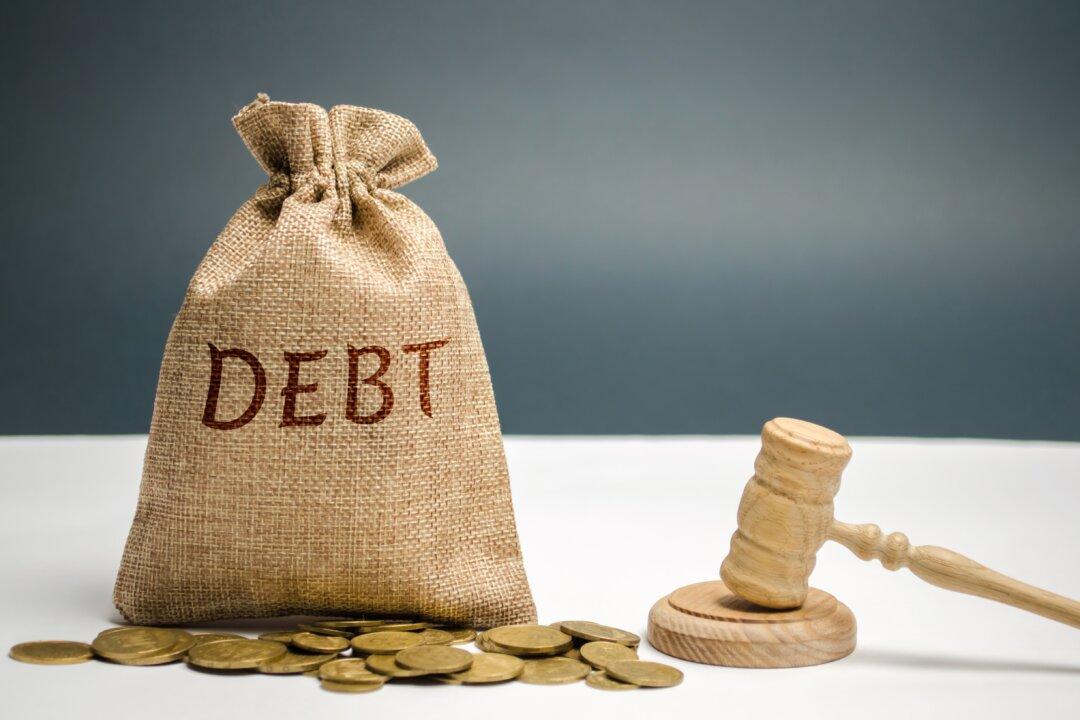It’s hard enough when a spouse dies, but having to worry about their debts can be overwhelming. When someone passes away with credit card debt, loans, or other obligations, how much of that is a spouse’s responsibility?
Generally, you aren’t responsible for your deceased spouse’s debts, but there are some exceptions. It’s important to know where you stand and what your rights are.






